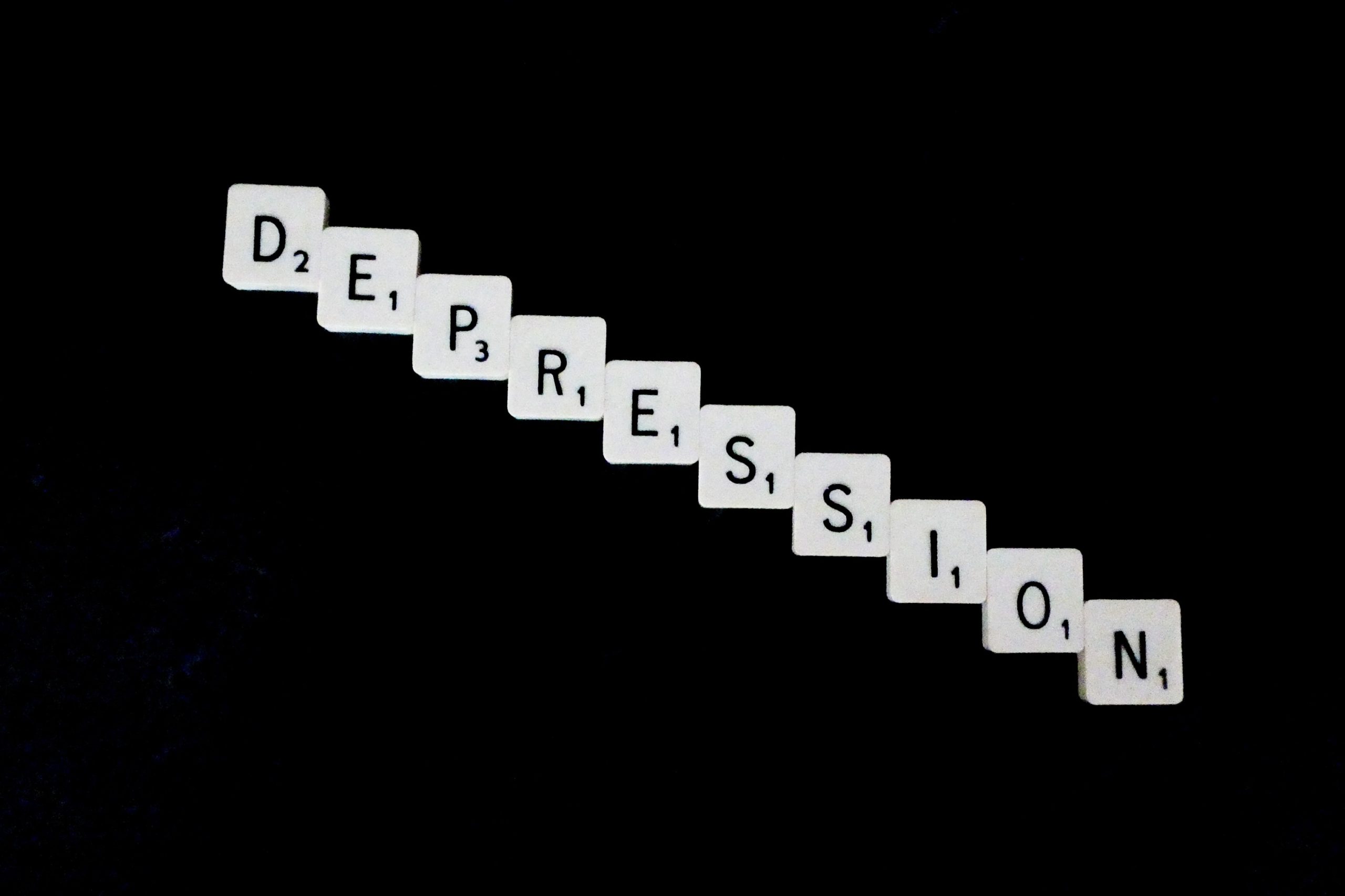Popular media and culture typically portray people with depression as exhibiting the more debilitating symptoms of depression such as a lack of motivation to do daily tasks, severe hopelessness, and persistent sadness. While these are common symptoms associated with depression, there are a number of other emotions and behaviors that can go unnoticed by society in a person who has depression. This is especially true if a person has what is considered “high-functioning depression”.
What Is High-Functioning Depression?
The DSM-5 categorizes the different types of depression based on their severity, symptoms present, and the duration of symptoms. The most common form of depression is major depressive disorder, and this is what is typically associated with the cultural understanding of depression. Those with major depressive disorder exhibit severe symptoms that can greatly interfere with their ability to function in society. Other types of depression include seasonal affective disorder and postpartum depression. But one of the lesser-noticed types of depression is dysthymia, and this is often what is considered “high-functioning depression”.
High-functioning depression is likely to go unnoticed by society due to its persistent nature. Those who exhibit signs of dysthymia have had depressive symptoms for years (2 or more) which can contribute to their ability to manage the symptoms and function more successfully in society than a person with newly-diagnosed depression. So how do you know if you have dysthymia? Let’s look at 5 signs you might have high-functioning depression.
5 Signs of Dysthymia
You’ve Experienced Symptoms of Depression for 2 or More Years
One of the key indicators of dysthymia is persistent depressive symptoms for two or more years. These symptoms often come and go over time, but they can range in severity. Some of the key symptoms of depression include:
-
-
- Persistent sadness
- Feelings of hopelessness
- Loss of interest in hobbies
- Feelings of guilt, worthlessness, or helplessness
-
You’ve Learned How to “Mask” Your Symptoms
Often, those who have experienced symptoms of depression for longer periods of time have learned to cope in order to function successfully. Coping skills could look like compartmentalizing feelings to deal with later or putting on a smile despite feeling sad. If you’ve experienced symptoms for a long time, it’s likely that you’re aware of how this affects your daily life. It’s not uncommon to try to hide those feelings to appear more lively in the presence of others.
Your Home Feels Chaotic
When you’re feeling stressed, one of the first things that’s often affected is your ability to keep up with the smaller tasks in life. This becomes most evident in your home and the cleanliness of your space. The high levels of stress your body is feeling make it more difficult to prioritize chores and other small responsibilities. If you have dysthymia, you’ve likely learned to manage the depressive symptoms by allowing other areas of your life to fall behind, such as your home.
You Feel Constantly Tired
Emotions can be exhausting, and living with depression for a long period of time can have negative effects on your physical health. If your body is living in a state of heightened emotion, whether positive or negative, this can decrease your energy levels and make you feel tired more often than usual. If you find that you’re feeling tired more days than not, and there isn’t a physical health reason, this could be a sign of depression.
Goals Still Motivate You
Despite one of the main symptoms of depression being a lack of interest in hobbies or activities you once enjoyed, a contrasting symptom for those with high-functioning depression is that your goals continue to motivate you to keep going. Those with dysthymia are often able to continue working towards their goals despite feelings of depression. When symptoms of depression and a motivation to achieve are working concurrently, this could be a sign of high-functioning depression.
Help for Symptoms of Depression
No matter what form of depression you have, you deserve help from a professional. Dysthymia is considered high-functioning depression because those who experience symptoms for long periods of time have learned how to function well in society despite their symptoms. Talking to a professional, though, can help you deal with the root causes of your depression to alleviate the burden of trying to function despite your symptoms. If you or a man you know is living with high-functioning depression, PACE Recovery Center can help. Contact us today to learn more about our outpatient mental health services.



